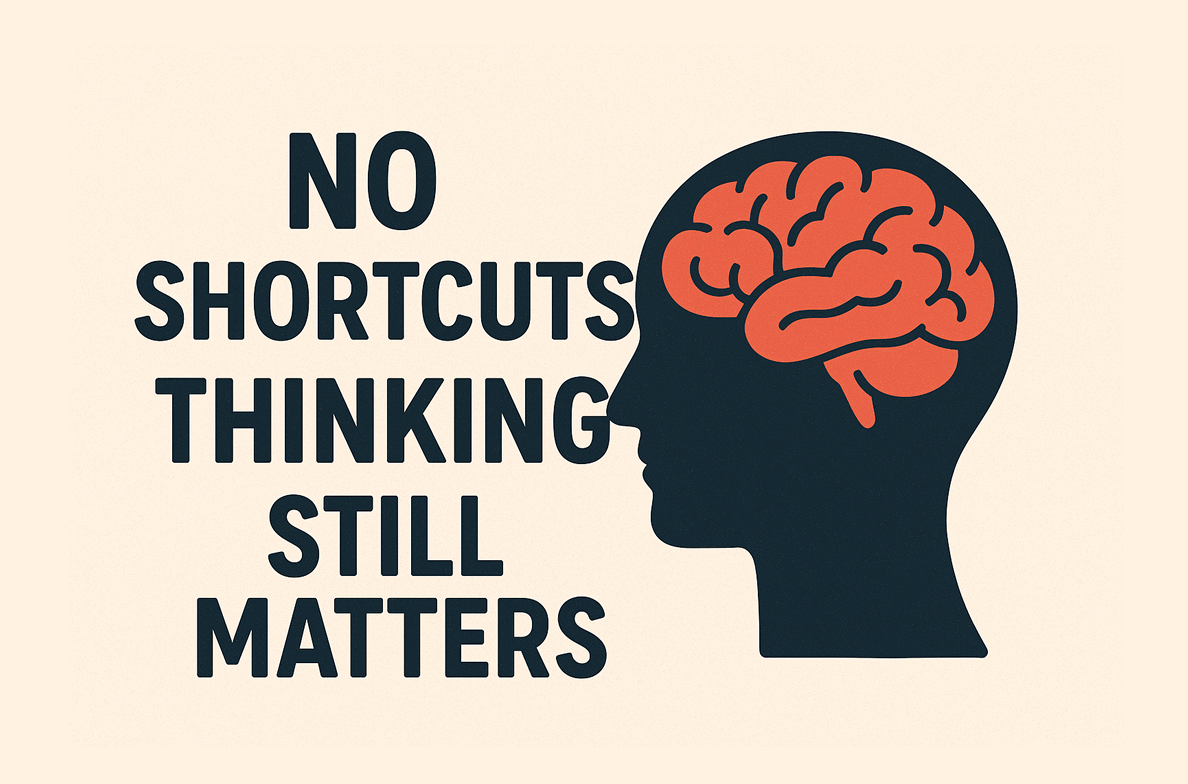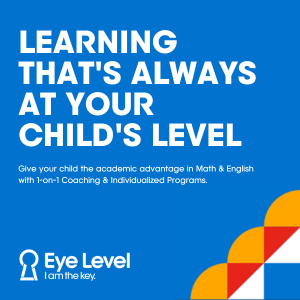
Wait, what? Are you kidding me? Isn’t that just a waste of time? Surely there are better ways for our children to spend their time that would be more productive? Not according to Dr Peter Gray, research professor of psychology at Boston College and author of “Free to Learn: Why Unleashing the Instinct to Play Will Make Our Children Happier, More Self-Reliant, and Better Students for Life“.
“Play is nature’s means of ensuring that young mammals, including young human beings, acquire the skills that they need to acquire to develop successfully into adulthood.” – Dr Peter Gray
THE BENEFITS OF FREE PLAY

- Free play helps children think creatively
- it teaches children how to get along and to cooperate effectively
- it teaches children how to control their impulses and follow rules
- it teaches children how to control fear
- it helps children learn to control their anger
“Children must be allowed to follow their inborn drives to play and explore, so that they can grow into intellectually, socially, emotionally and physically strong and resilient adults.” – Dr Peter Gray

Below are some of the reasons why you should allow your child to engage in free play:
- Free play is essential for children’s healthy social and emotional development
- All mammals play to develop fit bodies, practice skills, and learn social and emotional skills
- The more we have to learn, the more we need to play (in the animal kingdom, the animals with the biggest brains play the most)
- In animal studies, rats and monkeys that have been deprived of play, they are emotionally crippled; they are unable to face new environments that are moderately frightening and they don’t know how to interact with new peers
- Children in the cultures that play a lot are the brightest, happiest, most cooperative, well-adjusted, and most resilient individuals
- Play needs to be self-directed by the children, i.e. they need opportunities for free play without interference from adults
- With the decrease in opportunities for play:
- increase in the number of children suffering from clinical depression or some kind of anxiety disorder
- decrease in creativity expressed
Looks like Jungle Gym Hopping is more than just a handy holiday idea, it’s also a great way to increase opportunity for free play. This article was originally published on Figur8.net. You can read the original article here.



































